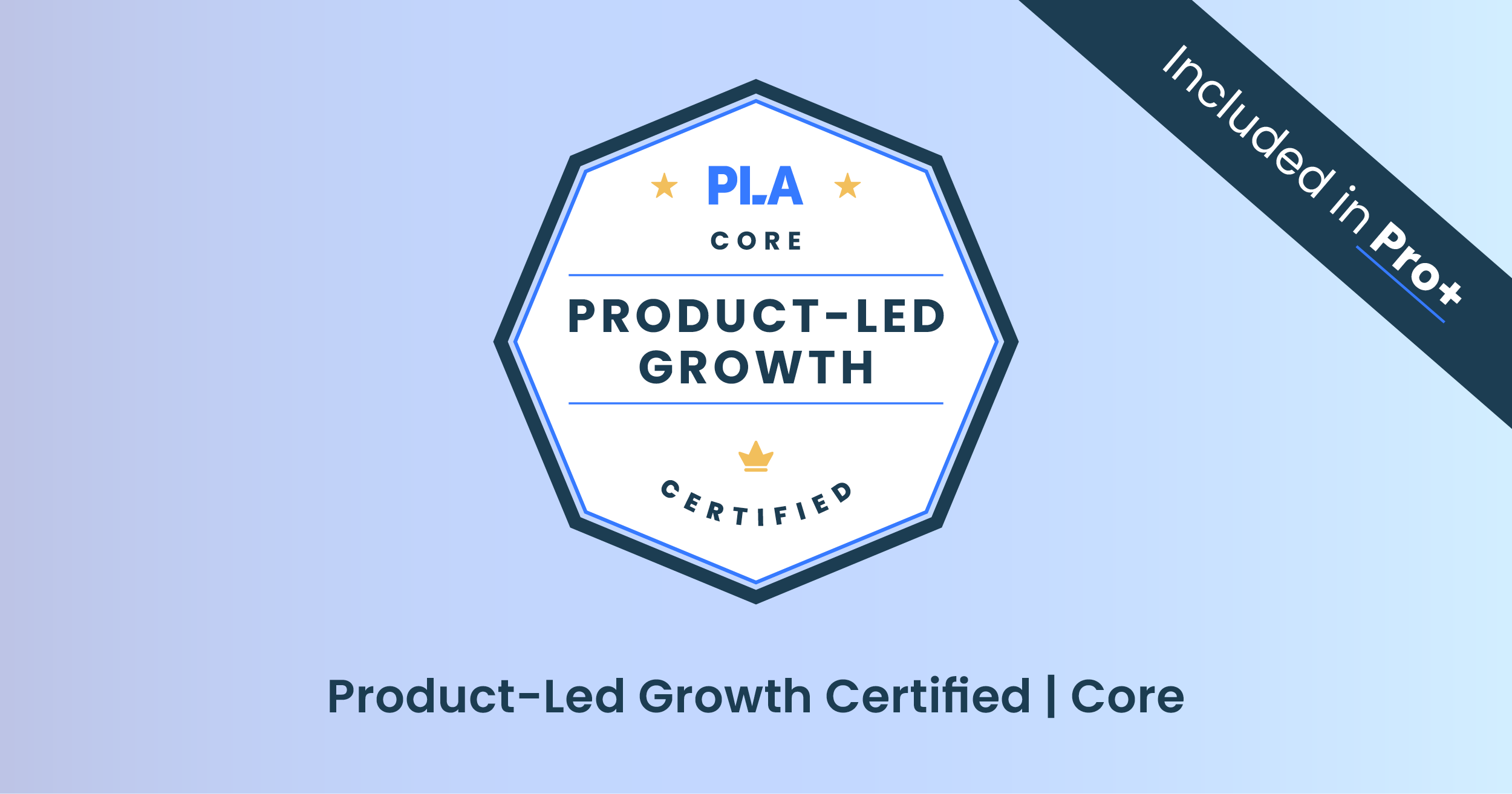As product managers, we must deeply understand our customers and their unmet needs. This understanding allows us to market to them in a way that truly resonates with target audiences.
Understanding consumer values and needs
Obviously everyone is different, everyone has different things they value and desire more than others. But when you look at things at scale, you can spot patterns and themes.
To get that understanding takes time and research, but you can start with a basic understanding of what the majority of people value, and the hierarchy of value they might place on certain things.
Luckily, we don't have to start from scratch. In 2015, Bain recognized that value is psychologically difficult and in the eye of the beholder - it's hard to pin down. So they created a values pyramid, based on quantitative and qualitative research they did.
They mapped out 30 universal human values. This is a foundation many of us can use to build our marketing and overall business strategy - including operations, product development, and other functions.
Think about how your products and services fit into these different hierarchies, and how your marketing is showing this value. If it’s not clear, it’s time to rethink your value proposition.
Key research reveals customers’ unmet emotional needs
The research revealed lower-income consumers don’t just need to save money. They also want to gain control, feel deserving, and experience a sense of community. We were completely ignoring these huge opportunities to provide value and build loyalty.
For example, one qualitative interview revealed:
“I can’t get my wife the things that she wants. I want to be able to give her everything that I can and sometimes I can barely give her anything. I feel like a failure.”
Another expressed frustration with:
“Maintaining [money] and like keeping it and saving it.”
The depth of these insights made us realize we had focused too narrowly on functional perks like savings and cost reduction. Our product actually fulfilled a much wider spectrum of needs – functional, emotional, and even life-changing. But we weren’t marketing that way at all.
Shifting messaging to reflect the full value proposition
So, we shifted our messaging to reflect value across functional, emotional, and life-changing dimensions.
We educated employees on who customers really are through immersive empathy-building exercises, including roleplaying living on a fixed budget. Our marketing began highlighting themes of affiliation, empowerment, reduced anxiety, and control.
We used the knowledge of people’s struggles to craft campaigns that would share the empathy we had developed with others, to build a greater emotional resonance around our brand. Not just for our customers, and of course that’s important, but to show the struggles to VCs and the press to highlight what we were looking to do to help.
So we ran an exercise where we tasked VCs to manage a budget of $730 a week and use the subpar options that are available to people managing budgets like that. Many of them don’t qualify for or have access to digital banking facilities, so need to use brick-and-mortar check-cashing stores to get access to their money. Here are a couple of quotes that highlight the emotional resonance this exercise caused.
“I had to use a check cashing place and I realized there was a children's play area with toys, which indicated to me that people are there often enough with children, that they had enough customers with that situation to bring those toys. I've never seen children's play toys in any bank that I've ever been to. And it just kind of reiterated the cost of being poor that you have to bring your children with you to do these things.”
“I walked outside [the check cashing facility]with the crew taking pictures and this lady walked up and you could see the look of panic on her face because she thought the facility was closed because there were people standing outside. And it hit me because, some of us have been there where it's like, 'Oh, crap, I need to get this money, and I need to get it now. And I can't and now I gotta figure out where else I can go to get it.' And it was just like, damn, you don't think about that. A lot of the time, we're just we're so used to doing certain things that we don't put ourselves in that place. And it kind of checked me a little bit. It got me in the heart a little bit, you know, because, you don't know the reality of the person standing next to us. And so it was a good gut check for me.”
Essentially all this did was take the knowledge we had internally about who our customers are and the value we were providing. And we shared it with the people with the money and the mouthpiece, VCs and press who just wanted them to realize what it was like to be our customers.
Most importantly, it showed why it was important to build our entire go-to-market strategy around a research-backed understanding of our customers’ needs and psychology.
Our entire marketing became about highlighting the struggles people were facing, and how Super was helping them overcome them.
The results speak for themselves. In just 6 years, our 200-person startup helped customers save over $172 million.
But we know the financial impact is just one metric. Equally important are the emotional connections and relationships we’re building with customers.
Key takeaways: truly know your customers
The science of marketing is understanding your customers at a foundational level – what they value, need, and aspire to. This human-centric knowledge enables you to develop products, services, and messaging that tap into those unmet desires.
When you provide genuine value across functional, emotional, and life-changing dimensions, you build deep loyalty and relationships. Customers will feel understood and cared for.
This is the future of marketing. Take the time to research and listen to your customers. Don’t rely on assumptions or stereotypes. Build your strategy around a nuanced understanding of their behaviors and psychology.
You’ll be amazed at the marketing power this grants you. Your brand will form authentic connections with customers and fulfill needs your competitors don’t even recognize.
Master product-led growth and give your product, company, and career a competitive edge.
Product-led companies grow 2.5x faster than sales-led orgs. Take our course to transform you into the most well-rounded PM, enabling you to become the driving force behind your company’s PLG motion - and growth.




 Follow us on LinkedIn
Follow us on LinkedIn



